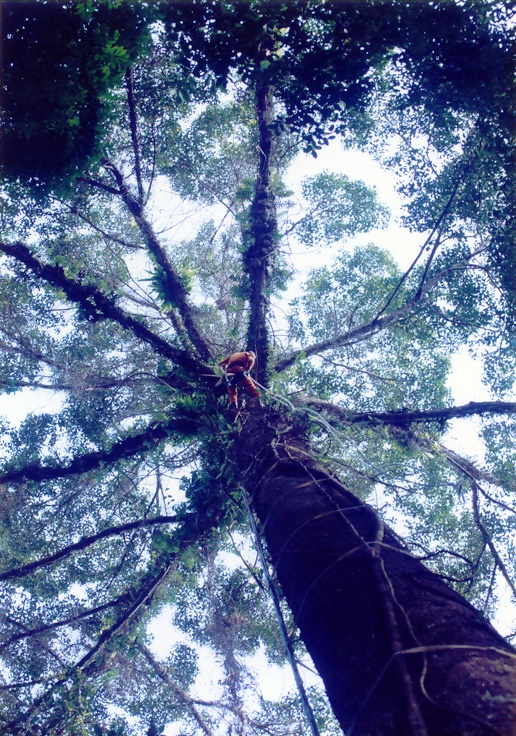Universitetsavisen
Nørregade 10
1165 København K
Tlf: 21 17 95 65 (man-fre kl. 9-15)
E-mail: uni-avis@adm.ku.dk
PhD thesis defense
PhD thesis defense — Jens-Peter Barnekow Lillesø virtual/bybrid defense 12 AUG
Date & Time:
Place:
Von Langen Auditorium
Hosted by:
Section for Forest, Nature and Biomass, Department of Geosciences and Natural Resource Management, Rolighedsvej 23, 1958 Frederiksberg C
Cost:
Free
Jens-Peter Barnekow Lillesø defends his thesis,
Defining and implementing quality of planting material for smallholder and restoration planting in Sub‐saharan Africa
Virtual/hybrid defense – Zoom link
Supervisors:
Professor emeritus, Jørgen Bo Larsen, IGN
Henrik Egelyng, IFRO
Assessment committee:
Secretary General Dr. Paul Smith, Botanic Gardens Conservation International – UK
Professor Morag McDonald, Bangor University – UK
Associate Professor Jon Kehlet Hansen (chair), IGN
Summary:
Agroforestry, the planting and utilisation of trees on farmland ‐ is a blend of agriculture, forestry and horticulture. Agroforestry is practiced primarily by smallholder farmers in the tropics in subsistence and commercial production. The overall research question for the thesis is ‐ What is the relevance of genetic quality for trees utilised in agroforestry and how are input supply chains taking genetic quality into account?
The thesis investigates the relevance of working with smallholder agroforestry input supply chains – in the context of the two opposing views on the role of smallholders versus large farms in the development process and the structural transformation paradigm with a special focus on Africa – and also in the context of the seemingly divergent discourses in agroforestry, the “Green Revolution strategy” and “Agroecological intensification/Complex Livelihoods View”.
The thesis discusses adaptation of trees and how to apply adaptation as a quality concept for planting material of trees. The work on provenance research in forestry serves as an indication of the adaptation in the context of current and future climates (climate change). The practical implication for tropical species, almost all of which are untested, is that population‐site matching should be the rule rather than just species‐site matching. The challenge for population-site matching is that the knowledge on distribution and adaptation for the overwhelming majority of tropical tree species is rudimentary. The thesis therefore proposes to utilise Potential Natural Vegetation Maps (PNVs) as reference vegetation to determine distributions of tropical tree species across environmental variation, using individual PNV types as focal zones (for seed sources) with similar environmental conditions. The thesis tests the concept on a PNV map (co-authored by the present author) of a large forest-savanna area in Kenya and Uganda and finds it to be sufficiently reliable as a tool.
The organisational aspects of establishing networks of seed sources are, however, a major but under‐appreciated bottleneck for scaling‐up and the thesis therefore investigates the functioning of input supply chains and how genetic quality is handled. The focus is on partial sub‐sector analyses of Nepal, Malawi, Uganda, Burkina Faso, Kenya and Ethiopia (with the present author as the lead designer of the surveys). The surveys indicate that input supply networks are supply driven with limited concern for sustainability and genetic quality. Almost all seed derive from undescribed seed sources.
The hypotheses posed in Chapter 1 (i) that genetic quality as expressed in adaptation is very important and (ii) genetic quality is largely ignored in agroforestry input supply chains, are thus by and large confirmed. This is obviously not a very promising result but there are initiatives that may contribute towards a change for agroforestry input supply systems – to be implemented such that tree diversity and productivity is mobilised on a large scale through sustainable networks of well-informed producers and distributors of tree seed and seedlings to knowledgeable customers.
A digital version of the PhD thesis can be obtained from the PhD secretary Anne Marie Faldt anmf@ign.ku.dk
